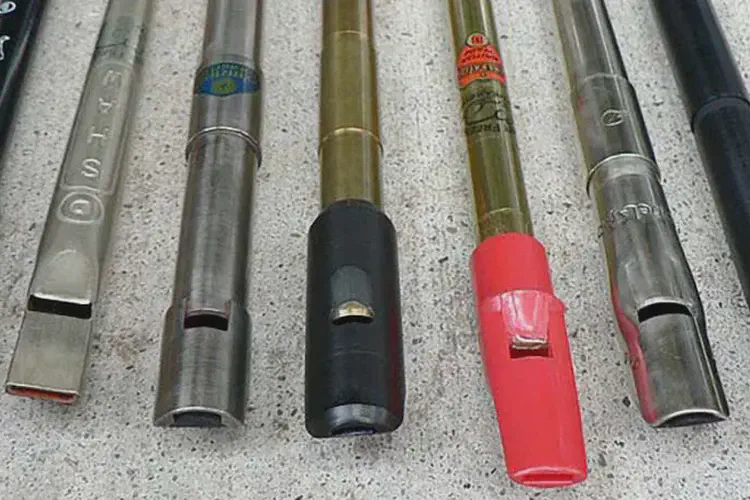
- bagpiper
- Instruments
- March 18, 2021
Table of Contents
The tin whistle, also called the penny whistle, is a simple six-holed woodwind instrument.
It is a type of fipple flute, putting it in the same class as the recorder, Native American flute, and other woodwind instruments that meet such criteria. A tin whistle player is called a whistler. The tin whistle is closely associated with Irish traditional music and Celtic music. Other names for the instrument are the flageolet, English flageolet, Scottish penny whistle, tin flageolet, or Irish whistle (also Irish: feadóg stáin or feadóg).
Tin Whistle Performers
The tin whistle is a metal tube, usually made of tin or nickel-plated brass, with a plastic or wooden fipple (mouthpiece). It is a type of end-blown flute with six finger holes. The instrument is played by blowing air into the mouthpiece and covering the finger holes to produce different notes. The tin whistle is relatively easy to learn, making it a popular choice for beginners in traditional music. Tin whistles typically come in various keys, with the most common being D, which is suitable for many traditional Irish and Scottish tunes. The whistle has a range of about two octaves.

The tin whistle, also called the penny whistle, is a simple six-holed woodwind instrument. It is a type of fipple flute, putting it in the same class as the recorder, Native American flute, and other woodwind instruments that meet such criteria. A tin whistle player is called a whistler. The tin whistle is closely associated with Irish traditional music and Celtic music. Other names for the instrument are the flageolet, English flageolet, Scottish penny whistle, tin flageolet, or Irish whistle (also Irish: feadóg stáin or feadóg).
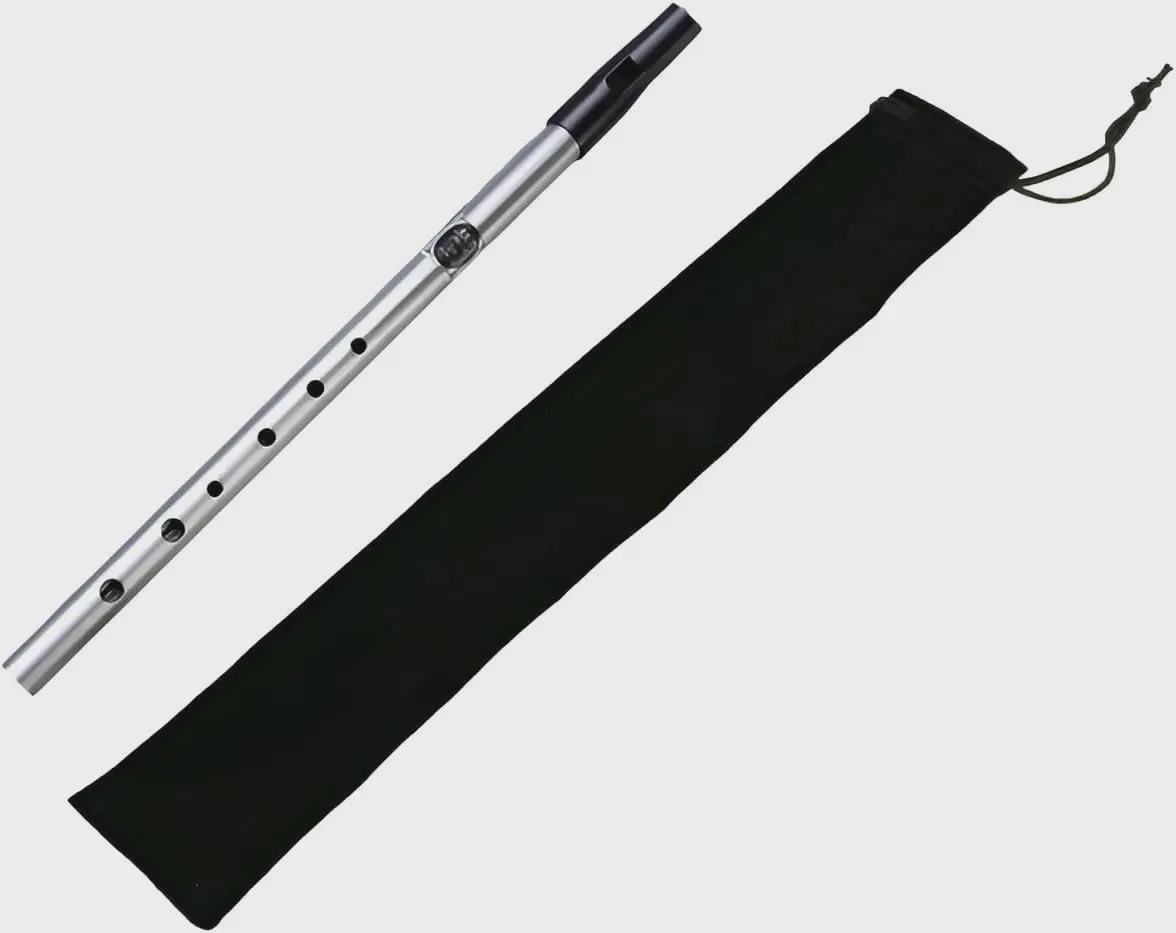
History
The tin whistle in its modern form is from a wider family of fipple flutes which have been seen in many forms and cultures throughout the world. In Europe, such instruments have a long and distinguished history and take various forms, of which the most widely known are the recorder, tin whistle, Flabiol, Txistu and tabor pipe
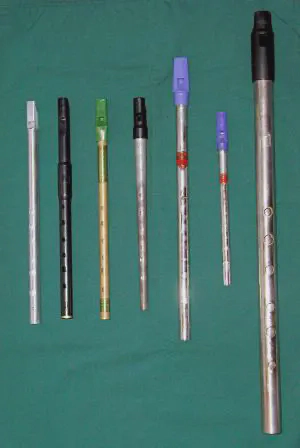
Tags:
Related Posts
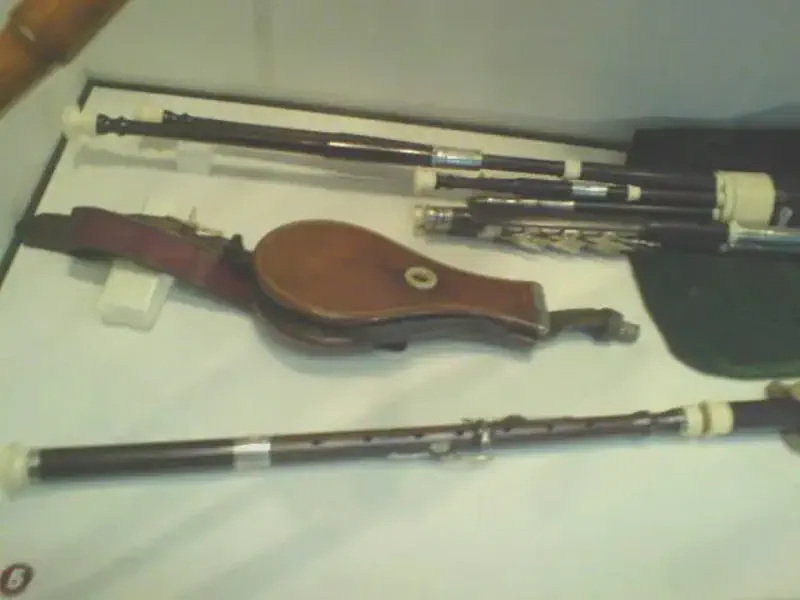
uilleann pipes
- March 18, 2021
- Instruments
The Uilleann pipes, Ireland’s most famous bagpipes, are a bellows-driven instrument known for their melodic, softer sound, distinct from the louder Great Highland Bagpipes of Scotland.
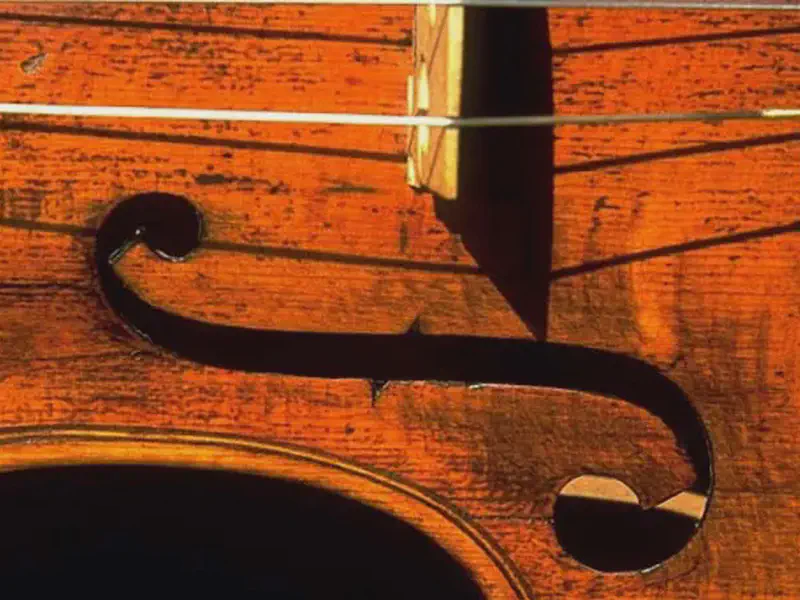
celtic fiddle
- March 18, 2021
- Instruments
This style of fiddle playing is a cornerstone of Celtic music and is characterized by its lively, rhythmic, and often improvisational nature.
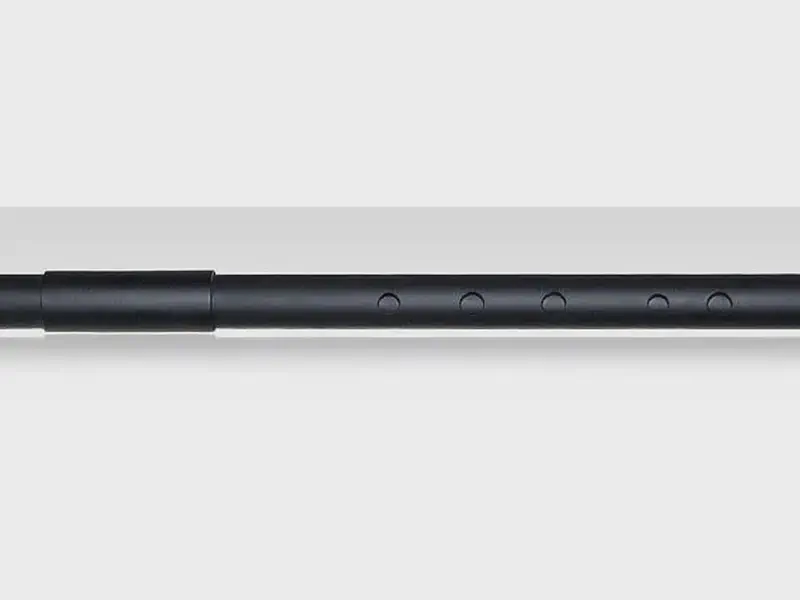
low whistle
- March 18, 2021
- Instruments
The low whistle, or concert whistle, is a variation of the traditional tin whistle/pennywhistle, distinguished by its lower pitch and larger size.